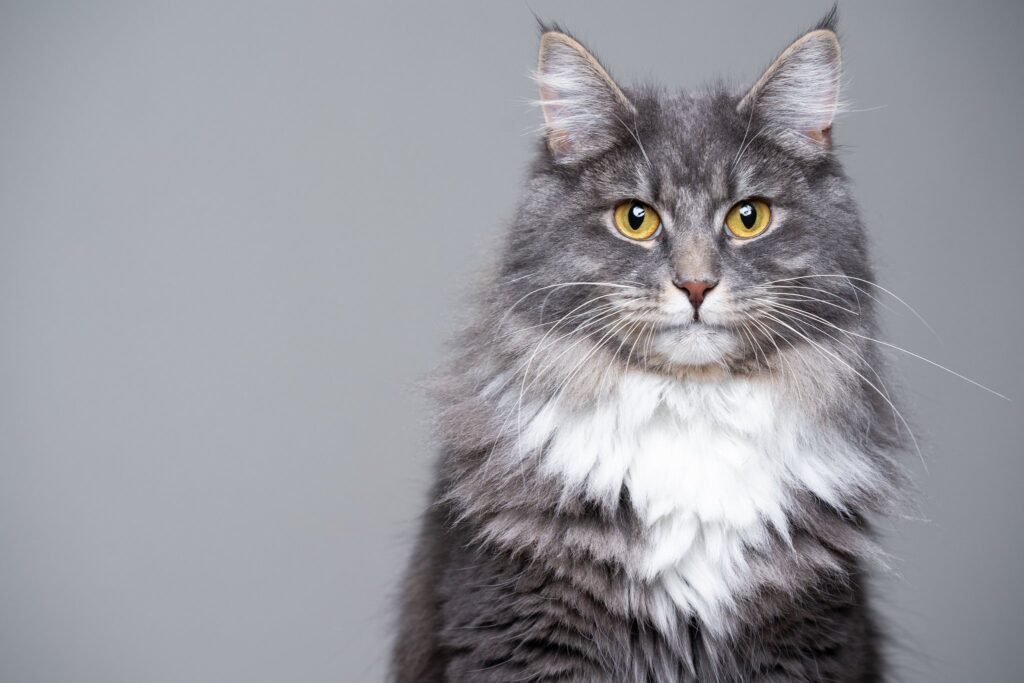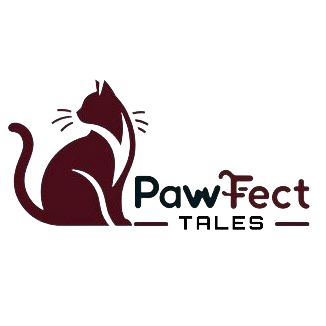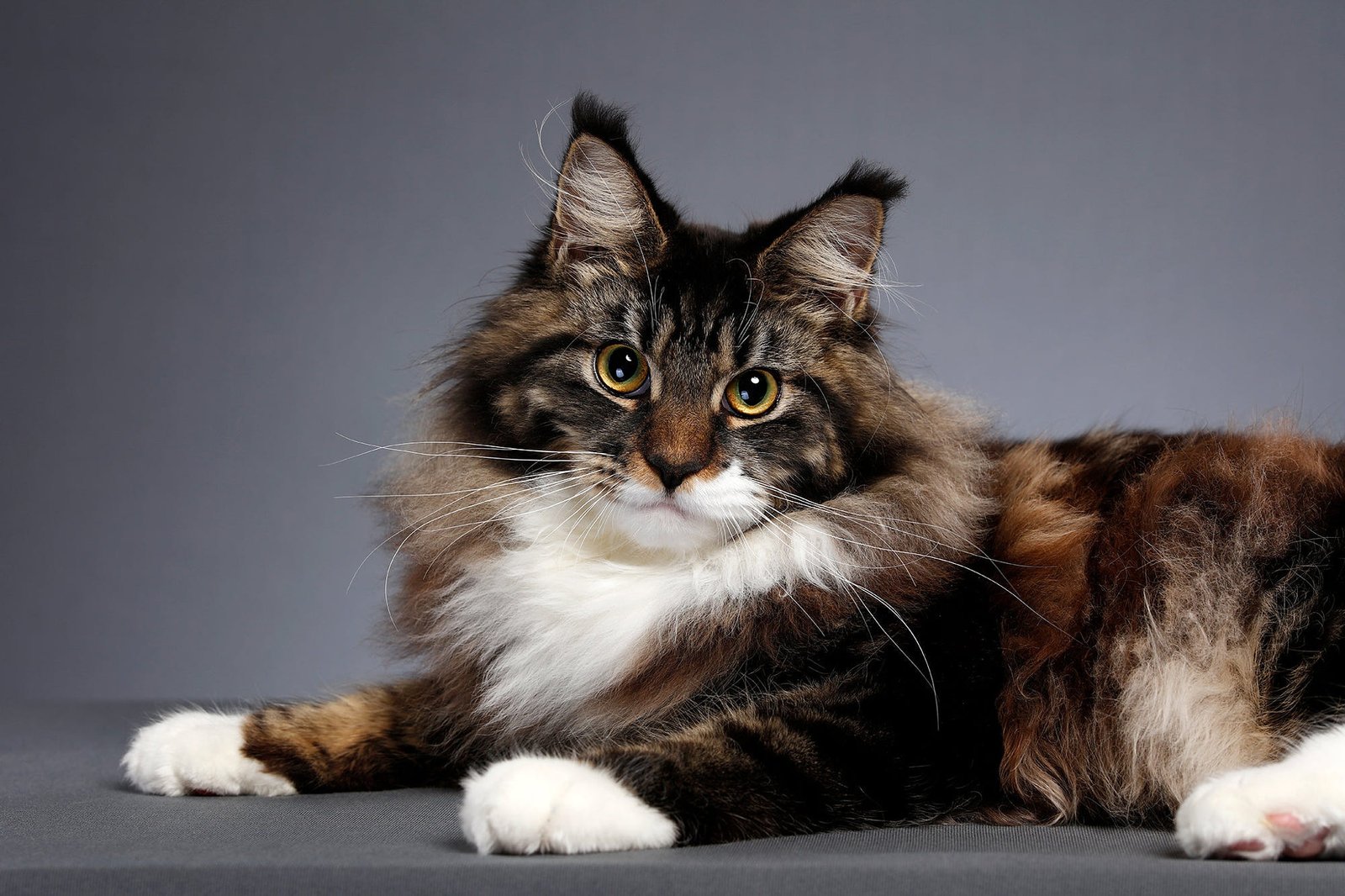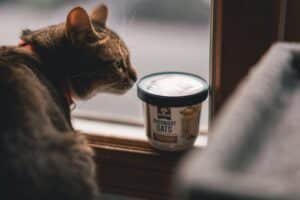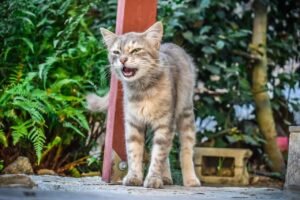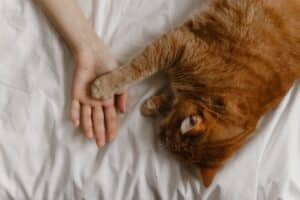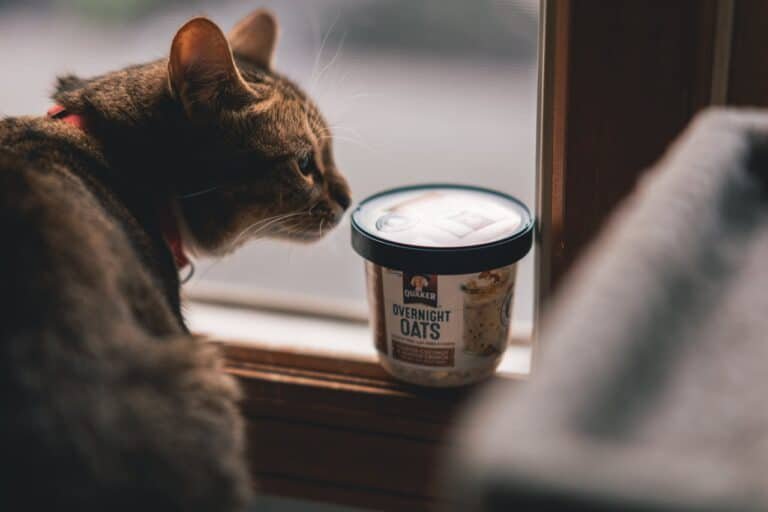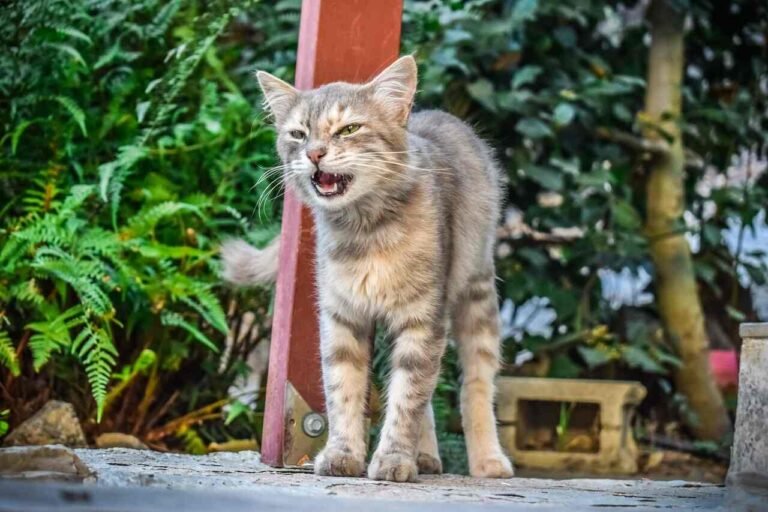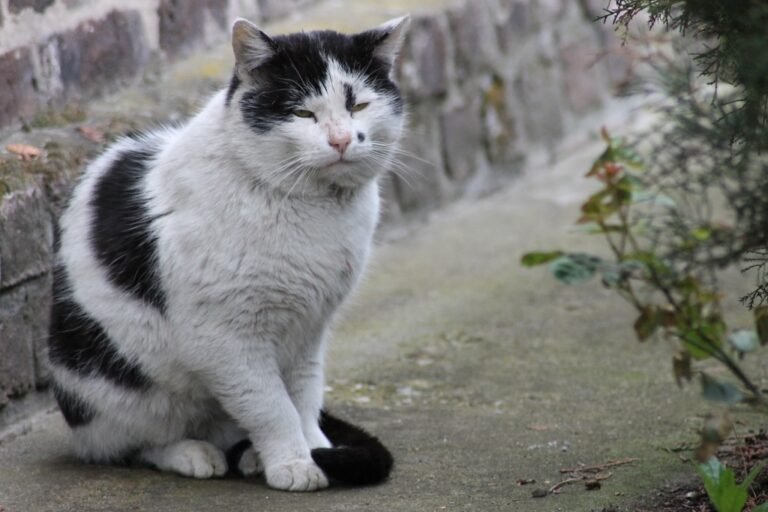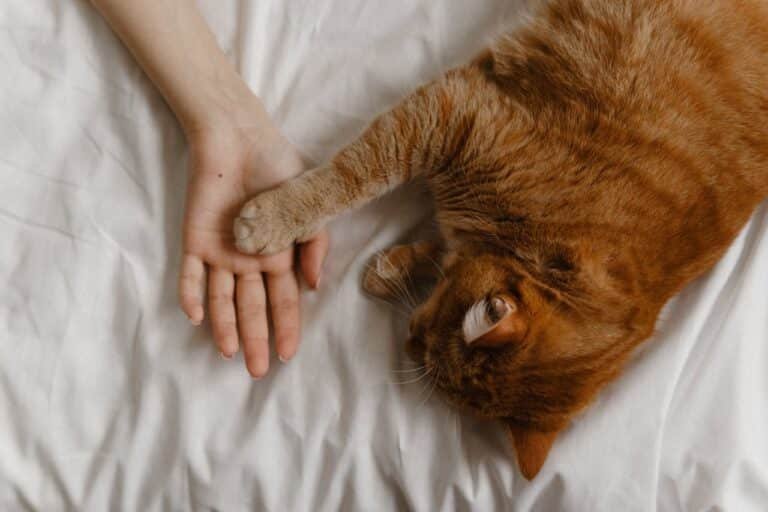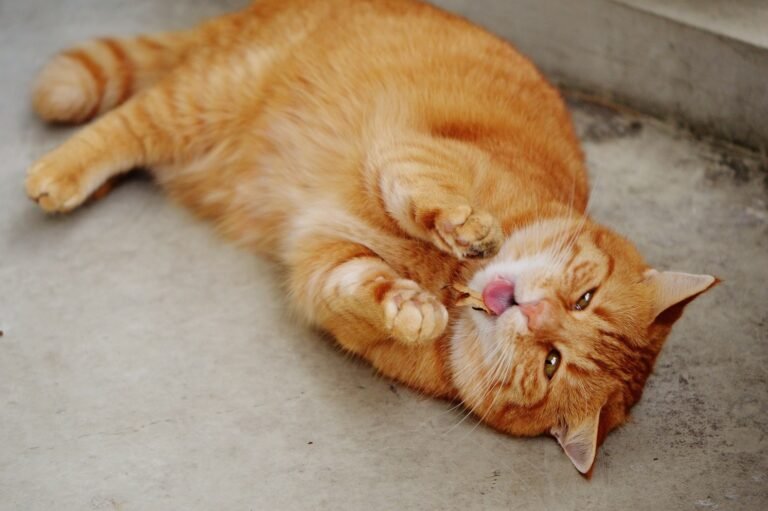The Maine Coon cat is one of the largest domesticated cat breeds, known for its impressive size, tufted ears, bushy tail, and friendly disposition. Their rugged appearance and gentle nature make them a beloved choice among cat enthusiasts.
Why the breed is interesting or popular: Maine Coons are admired for their majestic appearance and playful, sociable personalities. They are often referred to as “gentle giants” due to their large size and affectionate nature.
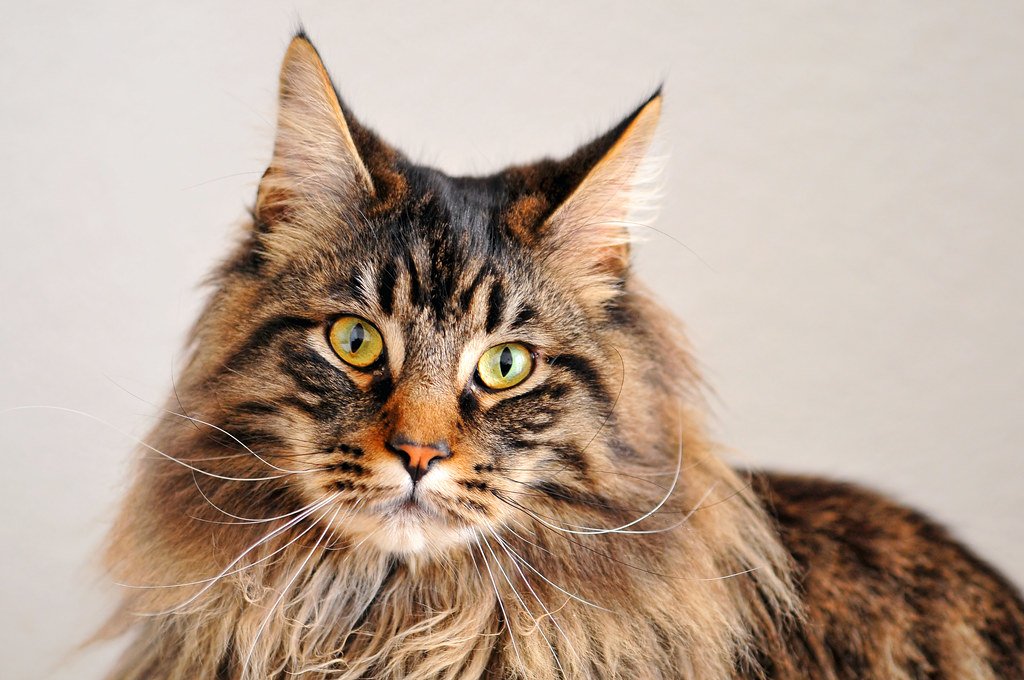
Things need to know
- Large, bushy tail
- Needs extensive outdoor space
- Highly active and inquisitive cat
- One of the largest domesticated cat breeds
- Gentle and friendly, often called "gentle giants"
- Thick fur with a shaggy coat around the neck and chest
- Intelligent and curious
- Maine Coons enjoy playing with water
- Slow to mature: can take up to 3-5 years
- Enjoy learning tricks and problem-solving
- Can communicate with a variety of meows & chirps
- Playful and energetic, known to enjoy games like fetch
Maine Coon Cat: Brief Overview
| Attribute | Description |
|---|---|
| Origin | United States (Maine) |
| Personality | Friendly, playful, and sociable |
| Weight | Males: 13-18 lbs; Females: 8-12 lbs |
| Length | Up to 40 inches (including tail) |
| Coat Length | Long, shaggy, and water-resistant |
| Coat Colors | Tabby, Solid, Bicolor, And more |
| Coat Patterns | Variety, including tabby and solid |
| Eye Color | Green, gold, copper, or blue (often breed-specific) |
| Lifespan | 12 to 15 years |
| Hypoallergenic | No |
| Distinctive Features | Tufted ears, large expressive eyes, bushy tail, muscular build, and prominent neck ruff |
| Adaptability | Suitable for both indoor and outdoor living, adaptable to various environments |
Personality and Temperament
Maine Coons are known for their friendly and outgoing personalities. They are intelligent, curious, and playful, making them excellent companions.
Interaction with humans and other pets: These cats are very sociable and tend to get along well with children, other cats, and even dogs. They enjoy being around people and are often described as “dog-like” in their loyalty.
Suitability for families, singles, or elderly: Maine Coons are adaptable and can thrive in various living situations, whether in a bustling family home or a quieter environment. Their affectionate nature makes them suitable for families, singles, and elderly owners alike.
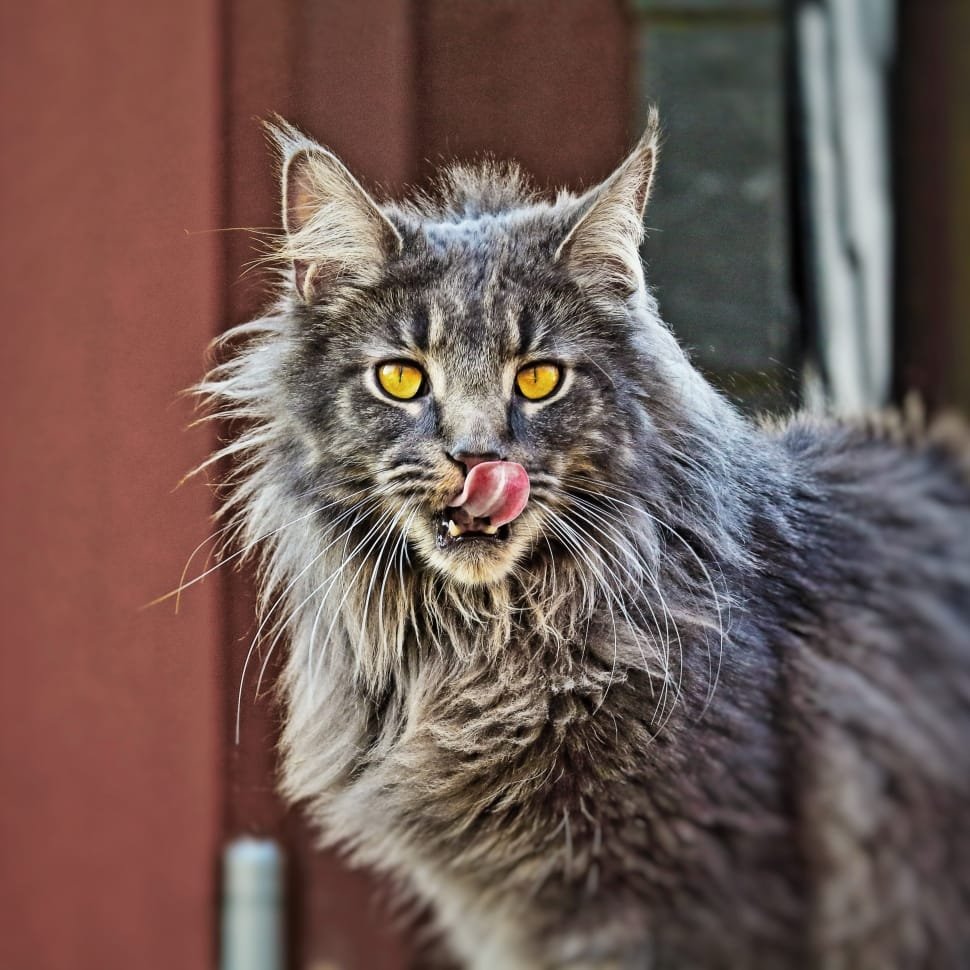
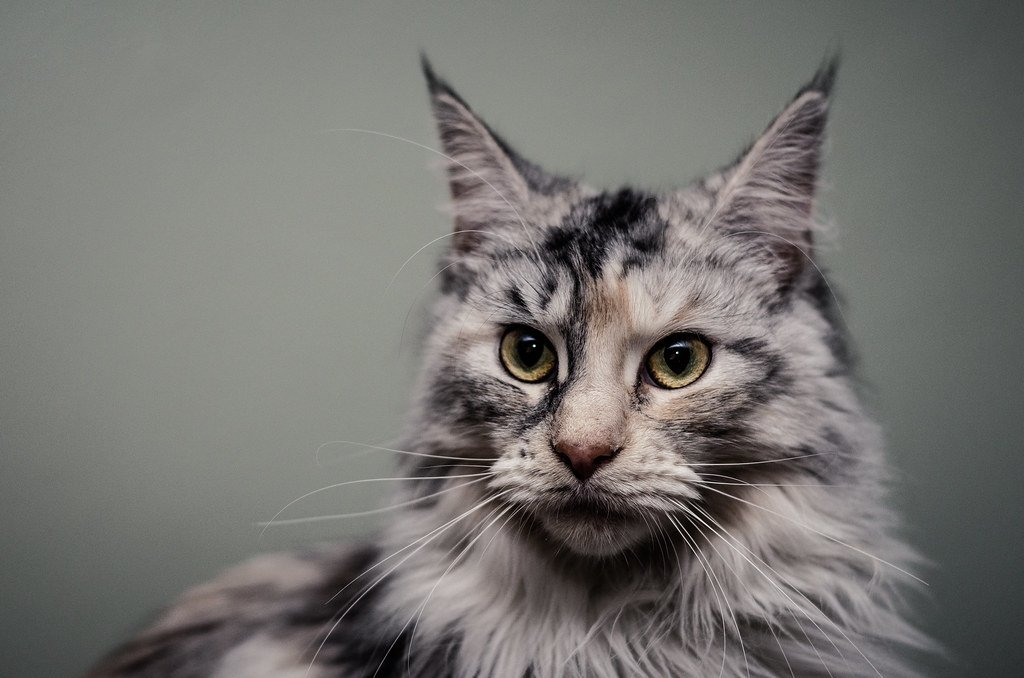
Living Environment
Ideal living conditions: Maine Coons are well-suited to both indoor and outdoor living, but due to their friendly nature, many owners prefer to keep them indoors for their safety. They enjoy spacious environments with plenty of opportunities for climbing and exploration.
Adaptability to different environments: They are adaptable and can thrive in various living situations, including apartments and houses. Providing ample stimulation and enrichment is key to keeping them happy.
Origins of the breed: The Maine Coon cat originated in the United States, specifically in the state of Maine. They are one of the oldest natural breeds in North America, with a history dating back to the early 19th century.
Historical significance or anecdotes: Maine Coons were popular for their hunting skills and were often kept as working cats on farms and ships. They gained recognition as a distinct breed at cat shows in the late 1800s.
Development and recognition by cat registries: The breed was officially recognized by the Cat Fanciers’ Association (CFA) in the early 20th century. Today, Maine Coons are one of the most popular and recognizable cat breeds worldwide.
Size and weight: Maine Coons are large cats, with males typically weighing between 13 to 18 pounds and females between 8 to 12 pounds. They can reach lengths of up to 40 inches, including their tail.
Coat type and colors: They have a long, shaggy, and water-resistant coat that comes in a variety of colors and patterns, including tabby, solid, bicolor, and more.
Distinctive features: Maine Coons have tufted ears, large expressive eyes, and a bushy tail that often resembles a raccoon’s. Their large, muscular build and prominent ruff around the neck add to their majestic appearance.
Grooming needs: Their long fur requires regular grooming to prevent matting and reduce shedding. Brushing a few times a week is usually sufficient to keep their coat in good condition.
Dietary recommendations: A balanced diet with high-quality cat food is essential to support their large size and active lifestyle. Providing a mix of wet and dry food can help maintain their health.
Exercise and activity levels: Maine Coons are playful and energetic. They enjoy interactive toys, climbing structures, and regular playtime to stay mentally and physically stimulated.
Common health issues: Maine Coons can be prone to certain health issues, including hypertrophic cardiomyopathy (HCM), hip dysplasia, and spinal muscular atrophy (SMA). Regular veterinary check-ups are important to monitor their health.
Preventive care tips: Regular grooming, a balanced diet, and routine vet visits are essential for maintaining their health. It’s important to stay informed about the breed’s specific health concerns and take preventive measures.
Average lifespan: With proper care, Maine Coons can live between 12 to 15 years, with some living even longer.
Ease of training: Maine Coons are intelligent and can be trained to perform tricks and follow commands. They respond well to positive reinforcement and enjoy interactive training sessions.
Socialization tips: Socializing them from a young age ensures they are friendly and well-adjusted. Gradual introductions to new people, pets, and environments can help them become more confident and sociable.
Activities and toys they enjoy: Maine Coons love interactive toys, puzzle feeders, and climbing structures. Engaging them in play sessions that challenge their intelligence and agility is essential.
Where to find reputable breeders or adoption centers: When looking to add a Maine Coon to your family, it’s essential to find a reputable breeder or consider adoption from a shelter or rescue. Reputable breeders will provide health guarantees and ensure their cats are well-socialized.
What to consider before getting this breed: Be prepared for the grooming and care requirements that come with this breed. Understanding their needs and ensuring you can provide a suitable environment is crucial.
Cost considerations: Adoption fees or purchase prices can vary, so consider your budget when making this decision. Be prepared for ongoing costs related to grooming, healthcare, and diet.
The Maine Coon is a majestic and affectionate breed with a striking appearance and a friendly, playful nature. Their intelligence and sociability make them excellent companions.
Why someone might choose this breed: If you are looking for a large, friendly, and playful cat that enjoys interaction and can adapt to various living environments, the Maine Coon might be the perfect choice for you.
Call to action: Visit a shelter or contact a reputable breeder today to learn more about bringing a Maine Coon cat into your life and enjoy the companionship of this delightful breed.
Maine Coon Cat Fun Facts
Maine Coons are known for their chirping and trilling sounds, which they use to communicate. They also have a strong affinity for water and are often fascinated by running faucets.
Breed’s presence in media or culture: Maine Coons have been featured in various movies, TV shows, and even literature, often portrayed as majestic and loyal companions.
Despite their glamorous appearance: Maine Coons are gentle giants with a laid-back demeanor. They enjoy lounging and cuddling with their human companions just as much as they enjoy playing and exploring.
